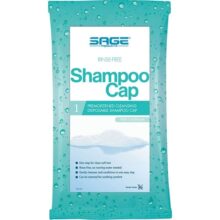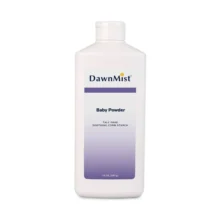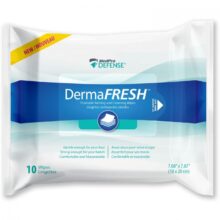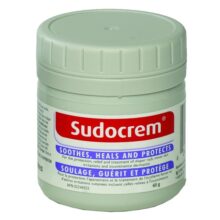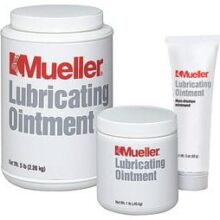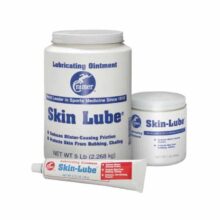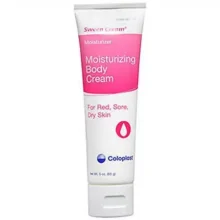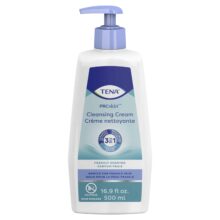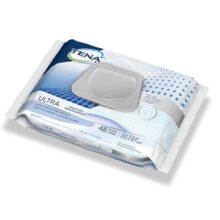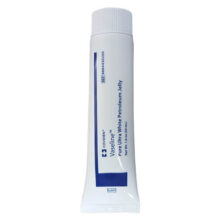Comfort Shampoo Cap
Login For Dealer Pricing
The Comfort Shampoo Cap enhances patient satisfaction by allowing nurses to keep their hair clean and soft without the aggravation required by traditional shampooing. It removes EEG gel, blood, iodine and other foreign matter, leaving the hair fresh, soft and clean. Bag of 40 caps.

